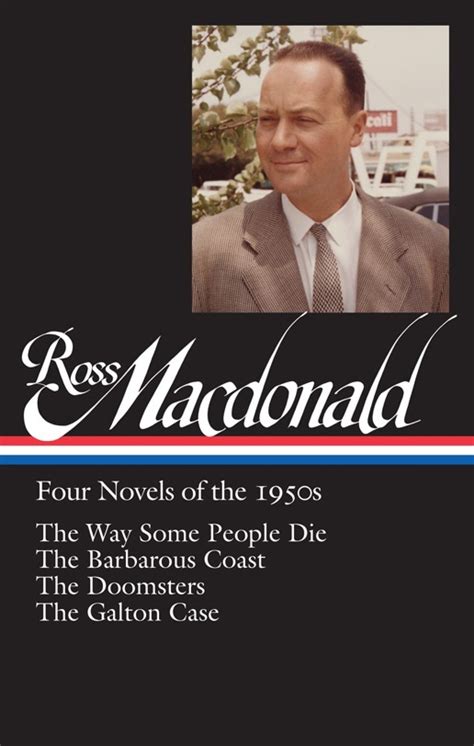A Quote by Eleanor Catton
In researching 'The Luminaries,' I did read quite a lot of 20th-century crime. My favourites out of that were James M. Cain, Dassiell Hammett, Raymond Chandler and Graham Greene and Patricia Highsmith.
Related Quotes
I definitely have an affection for detective fiction, and when I first read Dashiell Hammett's 'The Maltese Falcon,' that book and its author made an enormous impression on me as a reader and a writer, and led me to other hard-boiled American writers like Raymond Chandler and Ross McDonald, among many.




































